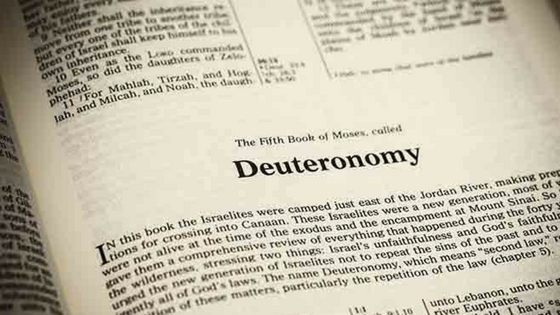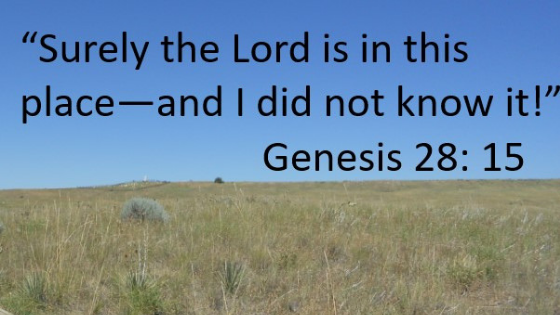Shabbat Table Talk
Parashat Va’etchanan – Erev Shabbat 27th July 2018
Week of 22-28 January 2018
Torah portion: Deuteronomy 3:23-7:11 Haftarah: Isaiah 40:1-26
Theme: ‘Keep these words that I am commanding you today in your heart.’ (Dt. 6:6)
Download
 In this week’s parashah ‘words’ are again in focus. The quality of how words are heard is significant, even a matter of life and death. (6:34) God uses words to dynamically engage in people’s lives and, in turn, the people’s own narrative is shaped by their response, as can be seen in the covenantal theme of all that God has done for the people and what they must do in response. (6:20-25)
In this week’s parashah ‘words’ are again in focus. The quality of how words are heard is significant, even a matter of life and death. (6:34) God uses words to dynamically engage in people’s lives and, in turn, the people’s own narrative is shaped by their response, as can be seen in the covenantal theme of all that God has done for the people and what they must do in response. (6:20-25)
Hearing is a physiological process allowing words to be taken in by the person hearing them. We are invited to hear the words, ‘Hear, O Israel: The Lord is our God, the Lord alone. You shall love the Lord your God with all your heart, and with all your soul, and with all your might’ and our parashah suggests allowing ‘these words’ to reach our ‘heart’, we are commanded to ‘keep’ these words in our ‘heart’. (Dt. 6:4-6) ‘Keep’ is used in the NRSV to translate the verb היה, to be or become, so this verse can be translated, ‘These words, which I command you today, will be/become upon your heart.’ Let’s consider one possible understanding; that there is a movement between being and becoming as we hold these words in our heart. I suggest this invites a quality of presence that facilitates an ‘active listening’ to the words we hear. Listening engages other senses besides hearing, such as sight and touch. For example, we see body language and it informs what we understand by a person’s words or we touch nature, a tree, and its textures ‘speak’ to us. In Deuteronomy 4:12 God speaks ‘out of the fire’, echoing Exodus 3:3-4 when Moses turned aside to ‘see’ and he ‘heard’ God’s call to him.
Our capacity to hear God’s word more deeply, to experience its influence on our lives, increases according to how we listen. Wilber says that hearing involves ‘not only hearing out the person and letting them finish. It also means giving ourselves and the speaker time to heed the words that have already been spoken – to let them speak to us and reverberate within us.’ (p27) In the Talmud regarding 6:6, Rabbi Meir says that ‘the significance of the words follows the intention of the heart.’ (Megillah 20a:2) The Talmud also notes that ‘from here you derive that the entire portion requires intent.’ (Berakhot 13b:1) The intention of the heart, to ‘love the Lord your God’ establishes the parameters wherein our endeavour to hear God’s word finds meaning in our lives. The words and the intention of our heart mutually influence each other so that our choices and outward behaviours reflect our inner quality of listening to God’s word. Our Haftarah offers some pertinent questions in this regard that we may wish to reflect upon: ‘Have you not known? Have you not heard? Has it not been told you from the beginning? Have you not understood from the foundations of the earth?’ (Isaiah 40:21)
For Reflection and Discussion: [1] How do I receive and listen to God’s word? [2] How do my choices and actions reflect the quality of my listening to God’s word?
Bibliography: Babylonian Talmud in safaria.org; Plaut, The Torah: A Modern Commentary, (New York, 1981); Wilberg, The Therapist as listener: Martin Heidegger and the missing dimension of counselling and psychotherapy training, newgnosis.co.uk, 2004.
This week’s teaching commentary is by
Thérèse Fitzgerald nds, Ireland, Bat Kol alum 2015 and 2018
Email address:theresefitzgerald7@gmail.com
[Copyright © 2018]
.………………………………………………………
PLEASE NOTE: The weekly Parashah commentaries represent the research and creative thought of their authors, and are meant to stimulate deeper thinking about the meaning of the Scriptures. While they draw upon the study methods and sources employed by the Bat Kol Institute, the views and conclusions expressed in these commentaries are solely those of their authors, and do not necessarily represent the views of Bat Kol. The commentaries, along with all materials published on the Bat Kol website, are copyrighted by the writers, and are made available for personal and group study, and local church purposes. Permission needed for other purposes. Questions, comments and feedback are always welcome.
…………………………………………………………
Bat Kol Institute for Jewish Studies, Jerusalem
~~1983–2018~~
“Christians Studying the Bible within its Jewish milieu, using Jewish Sources.”
Website: www.batkol.info; Parashat Admin: gill@batkol.info

 In this week’s parashah ‘words’ are again in focus. The quality of how words are heard is significant, even a matter of life and death. (6:34) God uses words to dynamically engage in people’s lives and, in turn, the people’s own narrative is shaped by their response, as can be seen in the covenantal theme of all that God has done for the people and what they must do in response. (6:20-25)
In this week’s parashah ‘words’ are again in focus. The quality of how words are heard is significant, even a matter of life and death. (6:34) God uses words to dynamically engage in people’s lives and, in turn, the people’s own narrative is shaped by their response, as can be seen in the covenantal theme of all that God has done for the people and what they must do in response. (6:20-25)

